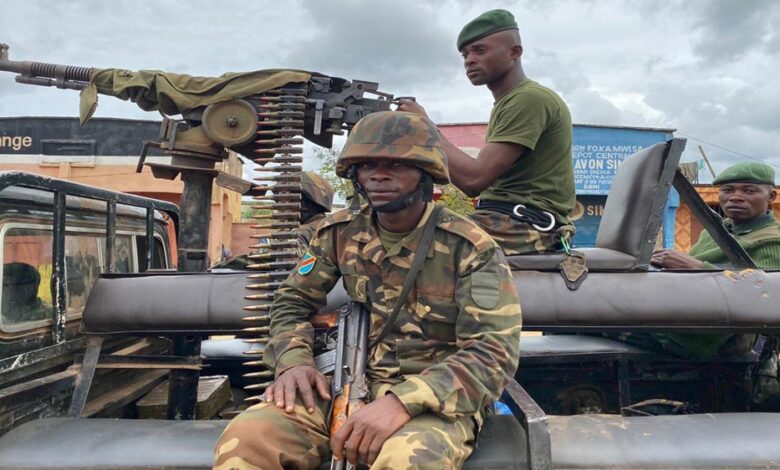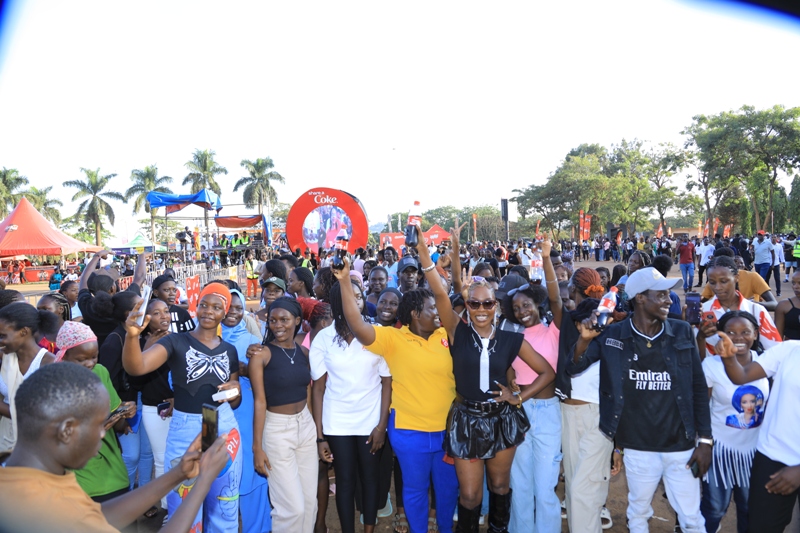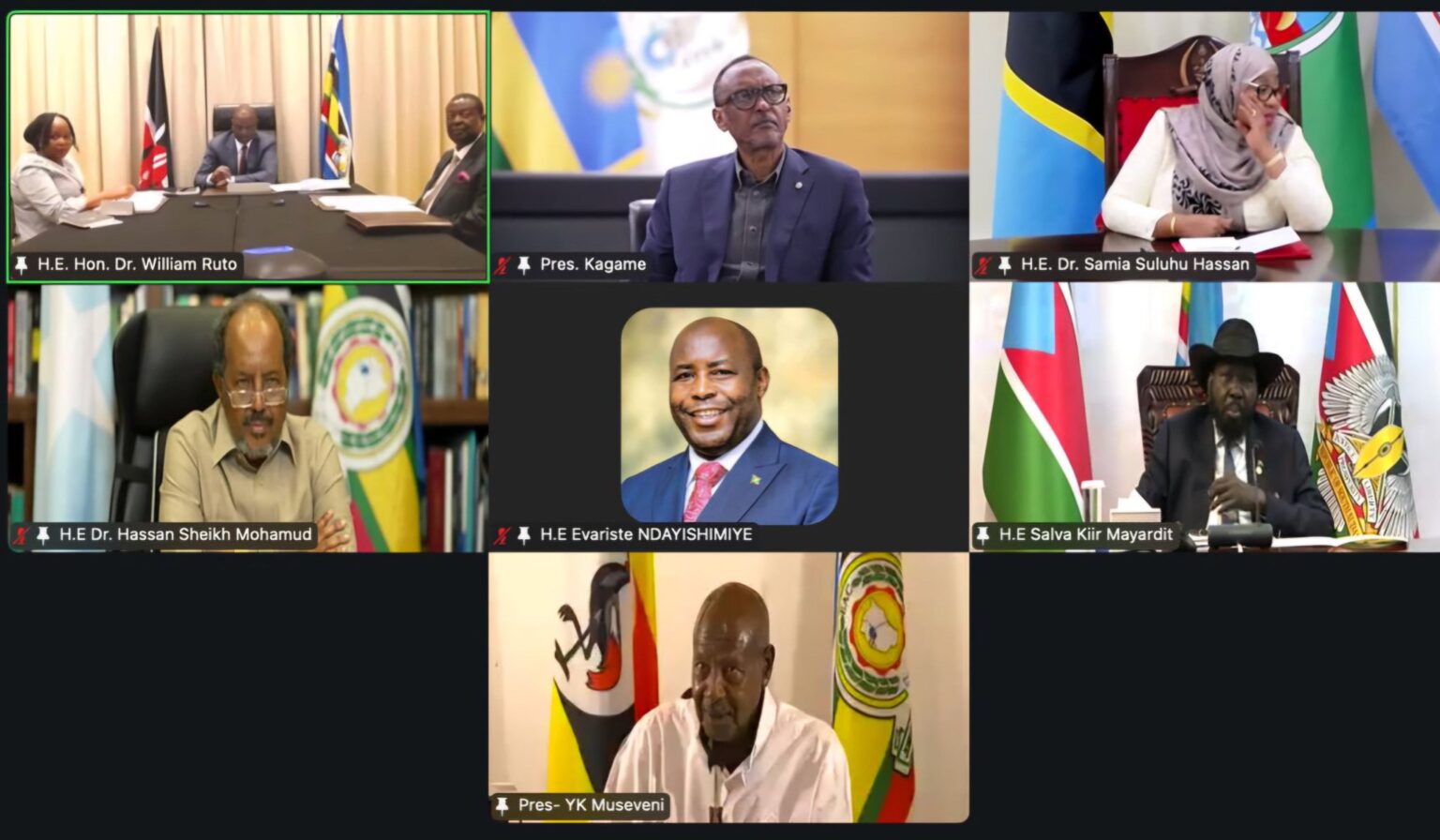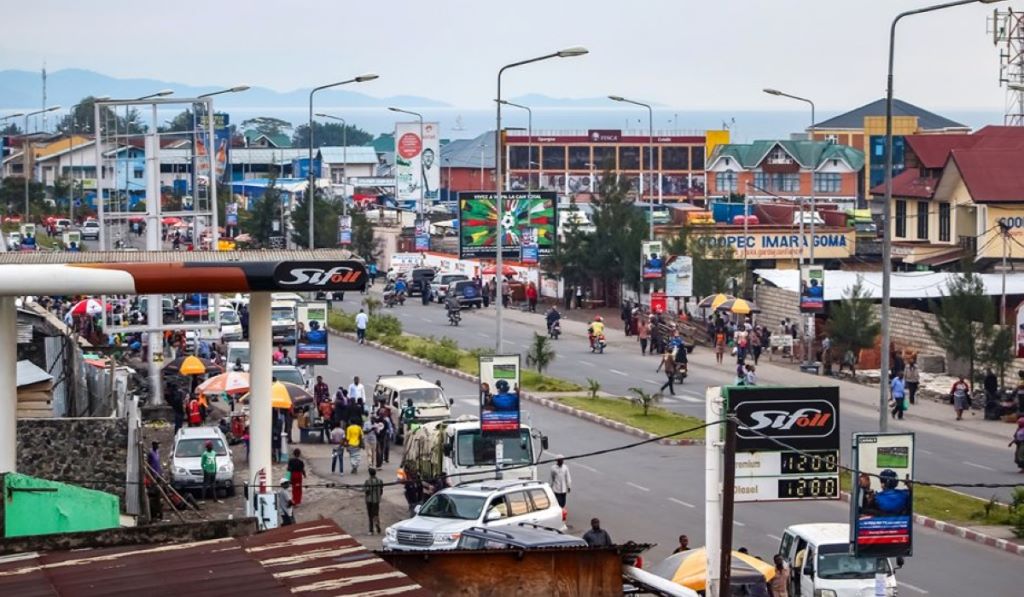DRC army, M23 fighting leading to deteriorating humanitarian situation
More than 188,000 people have been displaced, bringing the total number of civilians displaced since fighting broke out in March to more than 230,000.

Fighting between the Democratic Republic of the Congo (DRC) army and the M23 militia has led to a complex and deteriorating humanitarian situation, a UN spokeswoman said on Friday.
The most recent fighting, resuming Oct. 20, between the Congolese army and the M23 armed group forced thousands to flee their homes, said Stephanie Tremblay, an associate spokesperson for UN Secretary-General Antonio Guterres.
More than 188,000 people have been displaced, bringing the total number of civilians displaced since fighting broke out in March to more than 230,000, Tremblay said.
However, 54 percent of the displaced people in eastern DRC live with host families, and thousands more occupy schools, hospitals, churches and other improvised sites.
“Humanitarian colleagues also tell us they are working with provincial authorities to identify sites where displaced people can be temporarily housed,” she said.
“Despite the tense security situation, we are providing clean water and hygiene services to displaced populations,” Tremblay said. “Our partners were also able to distribute food to some 65,000 people.”
She said the humanitarian coordinator in the DRC, Bruno Lemarquis, warned of the humanitarian consequences of renewed violence in the east of the country, particularly in Rutshuru Territory, North Kivu province, beyond displacing hundreds of thousands of people. Lemarquis reported the violence is impacting education, the spokeswoman said.
More than 76,000 children have had their schooling interrupted. In the neighboring province of Ituri, violence and attacks on sites for displaced persons have led to massive population movements, she said. Ituri and North Kivu provinces are home to 64 percent of the country’s 5.7 million displaced.






